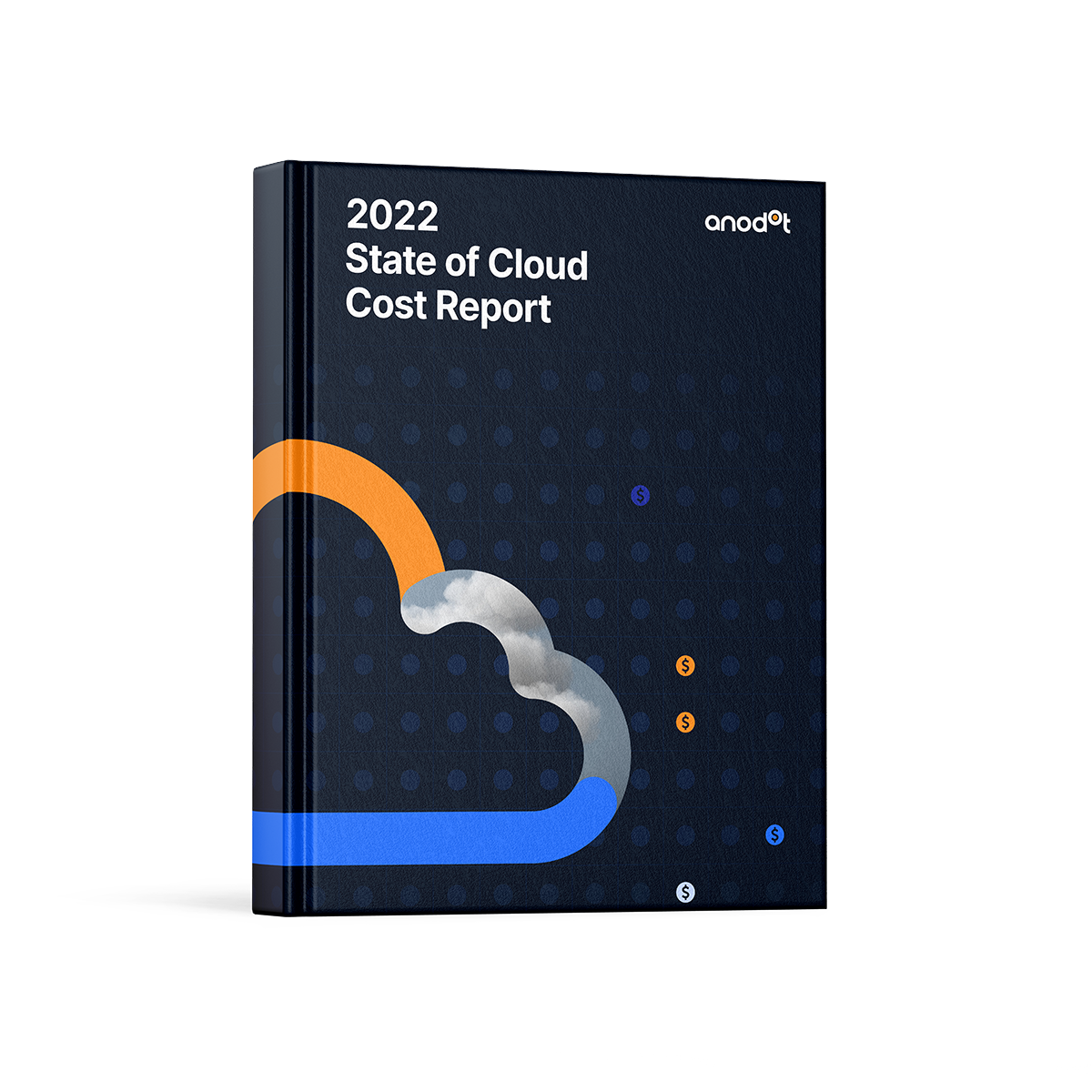Dec 13, 2017 – MarTech Series
MTS: Tell us about your role at Anodot and the team you handle.
Ira Cohen: I am the Chief Data Scientist and co-founder of Anodot. The company was founded in 2014 as a new way to provide insights from big data that is changing and growing in real time. Our goal is to illuminate business blind spots so companies will never miss another business incident. So we have gathered together a “dream team” of a half-dozen data scientists that include several PhDs, an engineer from France, a former research engineer at HP Labs, and our “whiz kid,” who began his academic studies at 14 and completed his M.Sc at age 19 & then went on to obtain his PhD. Besides the data science team, however, we also, of course, have product people, devops, UI/UX, and marketing and sales.
MTS: How is Anodot different from contemporary business intelligence tools that service digital media and ad tech companies?
Ira: Traditional tools rely on dashboards and alerts. Dashboards are only good for what you KNOW you want to look at, but when you’re dealing with big data, you need to track everything. AI asks all the possible questions of the data and provides you with insights so you know what to focus on. Alerts are problematic as well in that most traditional alerting tools will either overwhelm you with alerts or miss crucial issues. Media and advertising data is often seasonal, meaning that it will go up and down predictably during the day and the week. If you set an alert at the top or bottom of the data “wave”, you will miss any issues that happen in the middle of the wave, which is most of them. Setting alerts on seasonal data without AI is an impossible task so this is something our platform overcomes.
Anodot uses unsupervised machine learning – a type of AI — to automatically learn the normal behavior of every metric a company wants to track, so our solution can then alert them to every abnormality or anomaly. An anomaly may be a bad thing that needs to be resolved (such as a drop in clicks or revenue) or a good thing that should be leveraged for increased business or better customer satisfaction. By providing crucial insights into what is happening across the company and its customers in real time, companies can make informed decisions and keep their businesses running smoothly and profitably.
MTS: What are the core tenets of AI-engine driving Anodot’s automated anomaly detection?
Ira: The most significant tenet to know is that our anomaly detection works at scale. Many data science algorithms work fine in academia, but if it doesn’t work at scale, it can’t work in a production environment in advertising. We have customers that process more transactions daily than Nasdaq and Visa combined. This is true scale.
Another is that we work for any type of data stream. Many analytics solutions work fine for smooth, easily predictable metrics, but there are dozens of types of metrics, and you need to have algorithms that will work for all of them. Our first layer of machine learning determines the type of metric it is, so we know which machine learning algorithm to apply. We continuously re-apply this test since the shape of metrics can change over time.
Lastly, we know how to correlate across multiple data metrics of all types. We didn’t want to be in a situation where we overwhelm people with alerts on single metrics, since when an incident occurs it often affects multiple metrics, sometimes thousands at once. If you’ve ever received 15,000 alert emails or text messages one after the other, you know that this is NOT a good thing for a technology solution to do. We provide another layer of machine learning that correlates related alerts, which not only reduces the number of alerts to a manageable number, but it also provides a clear story to the recipient of what is going on. If you know that the issue is affecting customers in all regions, who use Chrome desktop browser version 30, but is not affecting mobile at all, then that helps you very quickly get at the root cause of the issue so you can fix it quickly.
MTS: What are the major pain points for CIOs and CTOs in adopting full-scale AI Analytics platforms for business anomalies and predictive modeling?
Ira: Many companies recognize that they need an AI Analytics platform, and because they already are dealing with big data and have data scientists in house, they figure it’s a piece of cake to simply build what they themselves. Then they get 6 months or even a year or more into the project, sucking up the their data scientists’ time, and dragging along with it some product managers, a UI/UX person, possibly even devops, before they start to realize they are being sucked into a black hole of developing a highly specilaized product, that despite their best efforts, may still not meet their needs. Algorithms that work in a testing environment may not work at scale in production, leading to missed incidents, and revenue losses. We strongly recommend that companies analyze the costs from the standpoint of human resource time as well as time to value before making this decision. We have outlined the key cost elements in a white paper about the build or buy dilemma.
MTS: Would you tell us more about Anodot’s anomaly identification and monitoring for Uprise? How could other ad tech companies benefit from Anodot?
Ira: Uprise is an ad-tech company that specializes in performance-advertising, using its machine learning algorithms to target that best performing ad placements for its customers. As a successful advertising technology company, Uprise needs to keep track of hundreds of thousands of metrics, which is the epitome of its business. The company develops its software by each team pushing around 20 new software releases into production each day. Each new release can affect the ad-tech platform’s performance. Because of this it is pertinent to monitor results in a timely way, this can determine if the new release should stay or be rolled back. Uprise uses Anodot to track KPIs like revenue, spend, fill-rate and performance. In one case revenue and click through data for a particular country rose significantly and Anodot traced it to a Facebook outage (people were not able to access Facebook so they browsed elsewhere on the Web). Uprise uses Anodot to cut through the noise of all of the data they collect. This is important for all ad tech companies, as well as companies in ecommerce, online companies and mobile companies. They all receive so much data and need real time analytics to help them pull out the significant information in a timely manner.
We work with many leading Internet, mobile and ecommerce companies, such as Waze (Google), Lyft, Rubicon Project, AppNexus, Outfit7 and others, all companies that need to understand in real time what is happening with their company and their customers through their vast data.
MTS: How critical is it for modern IT businesses to leverage AI and machine learning capabilities for better data and analytic management?
Ira:It is paramount. They have vast amounts of data and should leverage them for competitive advantage, and most importantly- to keep their customers happy. There are so many moving parts in online businesses that it is impossible to keep track of them manually, or using traditional BI tools like dashboards. They will always miss something crucial, and these types of issues typically lead to revenue losses, customer dissatisfaction or damage to the brand. The only way to manage such vast amounts of data quickly and accurately is with AI.
MTS: Thanks for chatting with us, Ira.
Stay tuned for more insights on marketing technologies. To participate in our Tech Bytes program, email us at [email protected]
 Ira Cohen
Ira CohenCo Founder, Chief Data Scientist, Anodot
Anodot recently won an award for innovation in analytics. We spoke to Ira Cohen, Chief Data Scientist,




